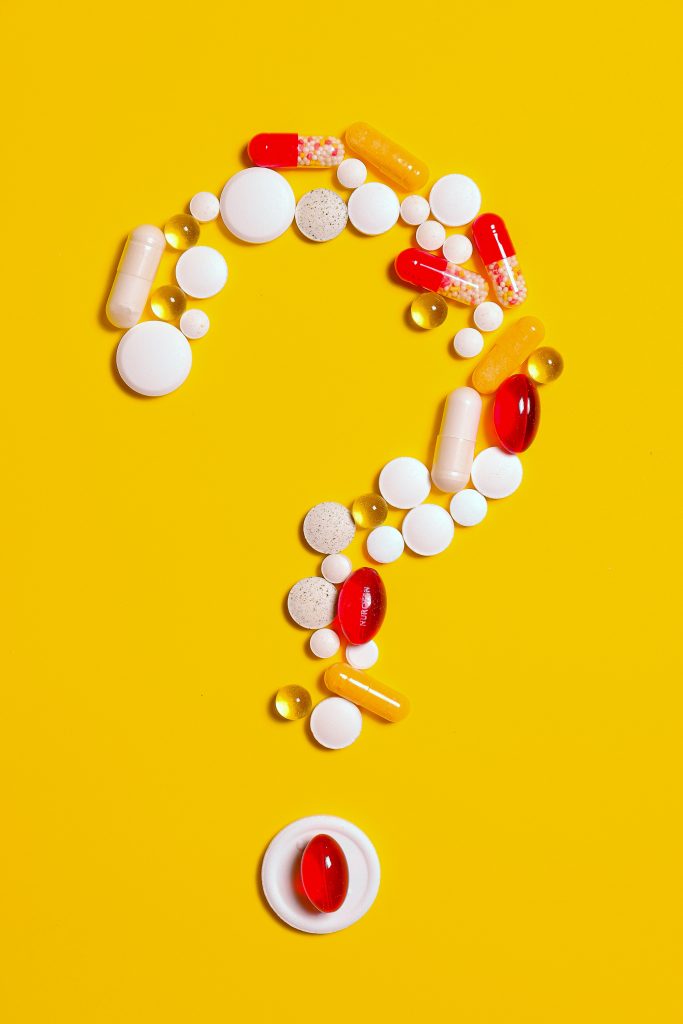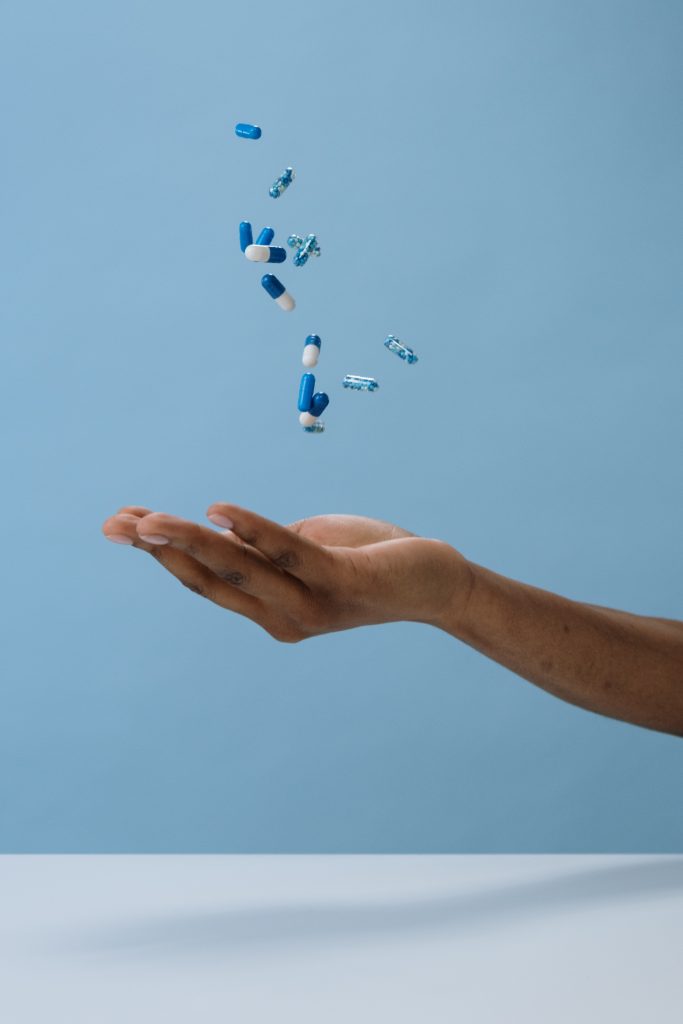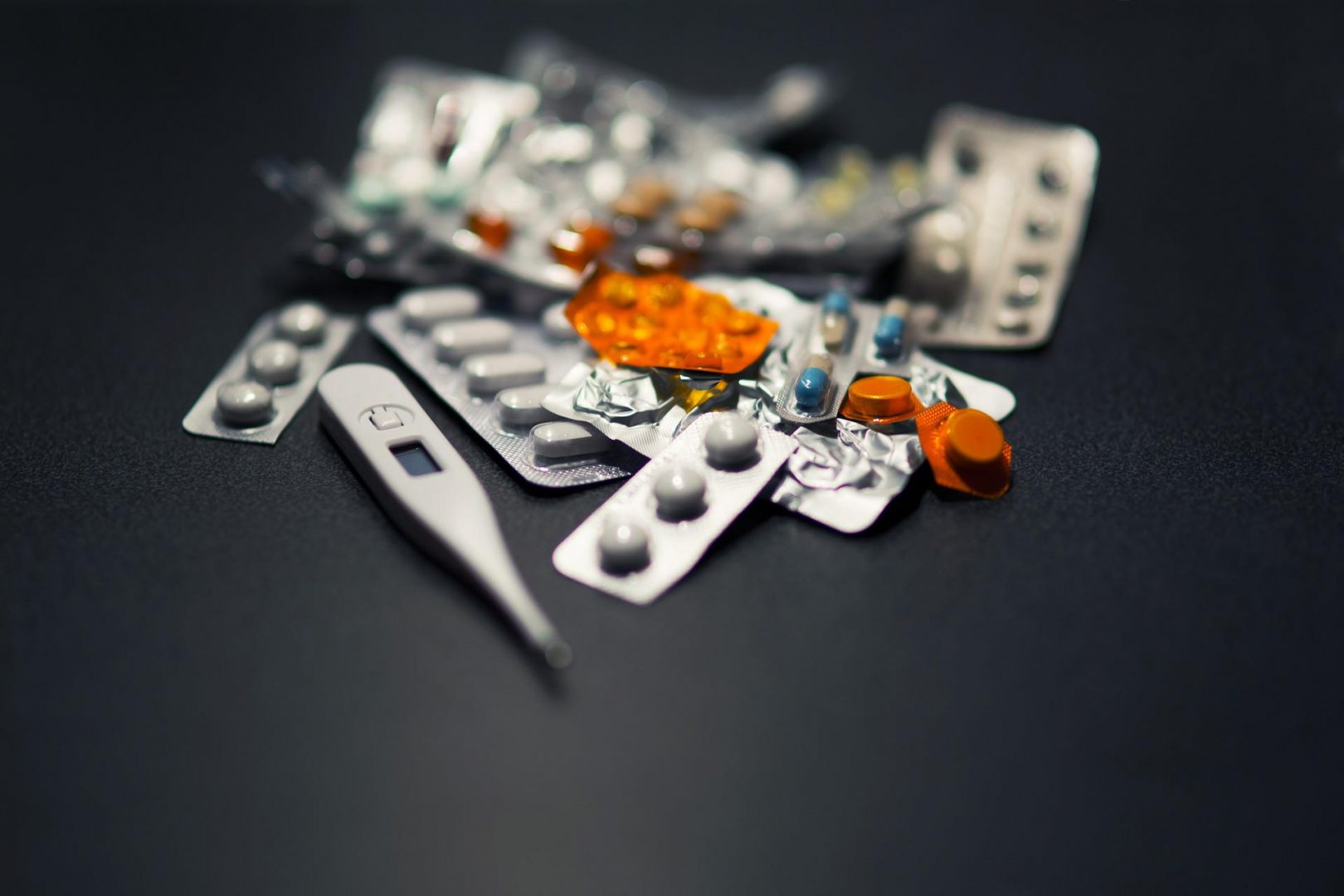Acne is often caused by an increase in hormones, which are also present in people assigned female at birth, and everyone has active hormones during their teenage years. The hormones cause sebaceous glands to produce more sebum or oil. Birth control may help treat it. Taking birth control pills can help decrease your glands’ oil secretion by using synthetic hormones. This can actually lessen breakouts.
The side effects are little to non-existent, and the long-term results are significant. This post will review how birth control pills work, how they treat acne, possible side effects, and more.
How the Birth Control Pill Works
Women take it once a day via ingestion, though there are other ways to administer birth contraception. It’s advisable to take the pill each day at the same time – It prevents hormone levels from fluctuating and causing dysregulation.
There are three main ways in which these pills prevent pregnancy:
- They stop or reduce ovulation, that is, the egg release from the ovaries
- They thicken cervical mucus to prevent sperm from entering the uterus
- They thin the uterus so that fertilized eggs don’t attach as easily
As one would think, the main reason why someone is prescribed birth control is to prevent pregnancy. But other conditions also require this medicine, such as PCOS or severe acne, which go hand in hand more often than not.

The Effect of Birth Control on Acne

The first treatments dermatologists and other doctors prescribe are creams and diet and lifestyle changes. However, these tips don’t work in severe cases of acne, which leads dermatologists and gynecologists to prescribe birth control. But why? How does it work?
Acne is highly correlated to hormones. That’s why puberty and adolescence are periods in which pimples and acne significantly increase. Excess sebum and oil block skin pores, and thus they trigger acne by promoting bacteria growth.
Androgens are hormones that include testosterone. These hormones stimulate sebum production in your skin, which, as a result, triggers acne. Studies suggest that androgens affect acne severity, though they don’t directly correlate with acne.
Women’s ovaries don’t tend to produce large androgens levels, though some might. That’s where birth control pills come in.
Birth control medication contains estrogen and progesterone. These hormones counteract and reduce the androgen levels in women’s bodies, leading to less sebum and less severe breakouts. According to WebMD, noticeable results include less inflammation, fewer pimples, less severe acne, and decreased flare-ups.
If besides acne treatment, the patient seeks to prevent pregnancy, this pill could kill two birds with one stone. The FDA approves three main contraceptives to treat acne. Each one of them combines different hormones and ingredients:
- Ortho Tri-Cyclen: It combines estrogen and norgestimate, which is a synthetic progesterone form.
- Estrostep: It combines estrogen with norethindrone, a progesterone form.
- YAZ: It combines estrogen with one artificial progesterone form known as drospirenone.
Doctors agree that each woman is a world unto herself, and what works for one person doesn’t have to work for another. If none of these work, dermatologists may prescribe Accutane for acne, a strong drug that remains the best treatment for severe cases. Accutane and birth control can be combined, though the side effects are more aggressive, and regular medical checkups are a must.
Side Effects & Risks
One question that frequently arises is whether contraception pills come with side effects. Of course, as with any treatment, there are potential side effects to consider. Modern pills contain lower estrogen doses than older ones, which significantly lowers the risk. But there are still side effects to consider, including:
- Breast tenderness or swelling.
- Moodiness and irritability.
- Abnormal menstruation.
- Nausea or headaches.
- Blood clots and thrombosis – These are some of the most concerning side effects to most doctors.
- Heart attack, hypertension, or stroke.
Studies also suggest that individuals who undergo birth control treatment show higher rates of emotional disorders. Oral hormones can dysregulate the emotional state of some patients – If you feel sad, depressed, or suicidal, consult your doctor as soon as possible.
Risks & Who Should Avoid Birth Control Pills
A healthcare professional will determine if you’re suitable for birth control depending on your medical history. Though contraceptive pills are overall inoffensive, they can worsen certain medical conditions.
As mentioned above, patients in birth control treatment tend to show higher rates of emotional disorders. If you suffer from depression, anxiety, or neurotic symptoms, let your doctor know so they can make an informed decision.
Another case in which it’s not advisable to take contraceptive pills is if you’re a smoker, especially after 30. Studies show that smokers’ blood vessels become restricted, which leads to a higher risk of blood clotting, hypertension, heart disease, etc. Since one of the main side effects of the pill is blood clotting, smoking increases the risk.
Other factors that increase risks are being pregnant, breastfeeding, diabetic, or obese. Be that as it may, your doctor will determine whether you’re suitable for treatment or not after close examination.

VOIBON TIPS
● Combine oral contraceptives with other treatments, such as creams or cleansers. Oral pills target one part of the acne problem, but they don’t necessarily treat the most superficial part of your skin.
● Follow the schedule precisely. Try not to forget to take the pill, and ensure to take it at the same time every day, regardless of in the morning, evening, or night.
● Follow the schedule precisely. Try not to forget to take the pill, and ensure to take it at the same time every day, regardless of in the morning, evening, or night.
Excess sebum and oil promote bacteria growth, block skin pores, and thus increase acne. Androgens contain testosterone and stimulate sebum production.
Birth control pills contain estrogen and progesterone – These hormones reduce androgens levels and, as a result, the body produces less sebum, and the acne condition improves.
Though birth control has been proven to work and improve acne, it’s vital to schedule an appointment with your doctor (a dermatologist when possible!) to discuss your situation. It’s never advisable to undergo these treatments without medical supervision, as you can do more harm than good.






